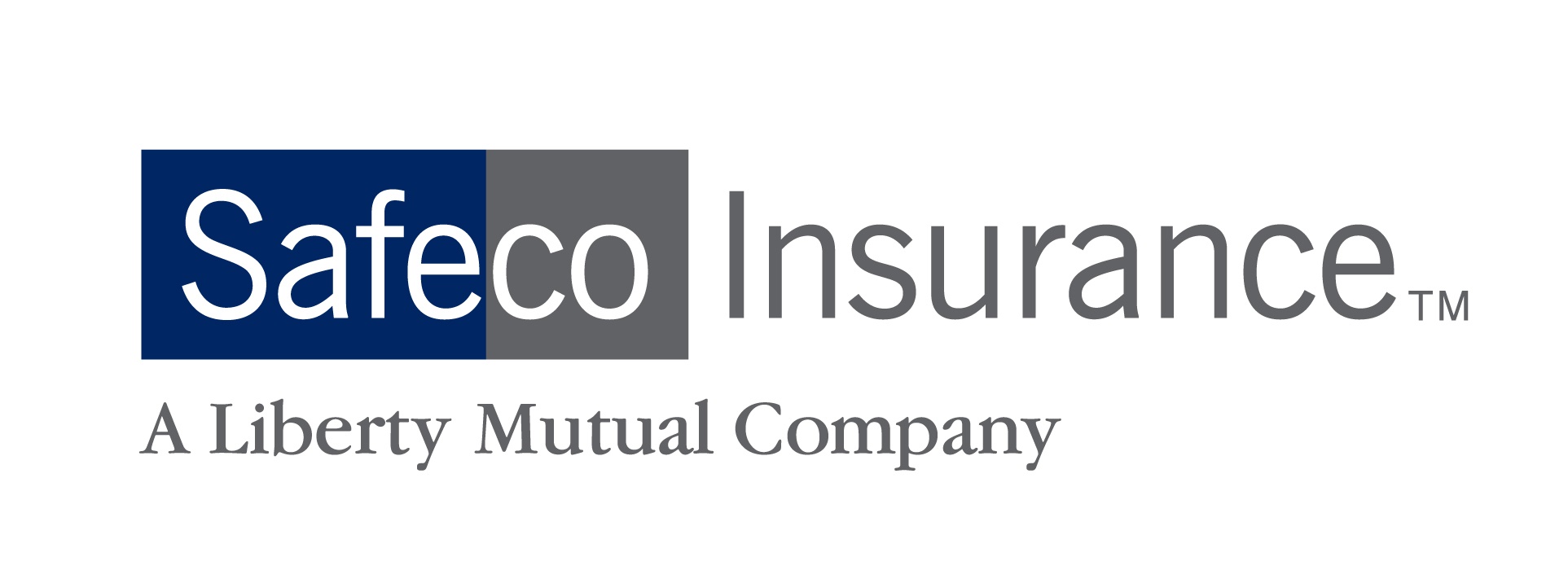Understanding Your Health Insurance: Terms YOU Need to Know
- Mar
- 09
- Posted by Carroll Marshall Insurance
- Posted in Insurance Industry, Winter Haven Health Insurance
 The healthcare system has become increasingly confusing to consumers in recent years. With the health insurance marketplace on the scene, and many businesses changing or replacing their pre-existing health insurance plans for their employees, people have been left scratching their heads regarding what their plan is all about.
The healthcare system has become increasingly confusing to consumers in recent years. With the health insurance marketplace on the scene, and many businesses changing or replacing their pre-existing health insurance plans for their employees, people have been left scratching their heads regarding what their plan is all about.
While you won’t learn everything about your plan in a day (that is a LOT of information to cover), these 8 terms are a great place to start. Being familiar with what these words mean when you see them come up in your plan description will help you better grasp exactly what your healthcare plan is all about.
Allowable Charge: Sometimes referred to as the “maximum allowable” or “UCR charge”, this term means the maximum amount your insurance company is willing to pay for a specific service based on the doctor/provider, type of service, etc.
Co-Payment: Some plans have a co-payment requirement for their consumers. This means you are required to pay a certain amount toward a service and the insurance company will cover the remaining amount. For example, you might have a $20 copayment toward pediatric visits for your child. At each pediatric visit, you will pay $20 up front, and the remaining amount for the visit will be billed to your insurance provider.
Network: Insurance companies have networks, which are essentially groups of pre-approved doctors, hospitals, and other healthcare providers. If you are seeing an in-network doctor, you will often be given a lower rate for services, and you will have less of an issue filing a claim for services received with your insurance provider. An out-of-network doctor however will often result in you being responsible for at least some of the expenses out of pocket, and your insurance company might have trouble smoothly processing claims from providers not in their network database.
Premium: This is the amount that you (or your employer) pay for your insurance each month.
Deductible: This is the amount you are required to pay (outside of copayments) within a benefit year before your insurance will begin paying toward services. This amount varies, and often is directly associated with the amount of your monthly premium. If you pay more toward your insurance benefits each month, you are more likely to have a low deductible and visa-versa.
HMO (Health Maintenance Organization): This is a type of insurance plan in which a provider covers services received within a particular geographic area. HMOs require the use of a network of healthcare providers (see definition of network above).
PPO (Preferred Provider Organization): This type of insurance plan offers more freedom than the more common HMO. Under this type of insurance, consumers can choose care from both in-network and out-of-network providers while still enjoying a certain level of coverage. However, the maximum benefits will be paid out toward doctors and healthcare providers that are included within the network.
Rider: These are essentially “expansion options” for your existing insurance plan. A common addition to plans in the past was a maternity coverage package (although that has changed some in recent years with the focus on women’s healthcare) but additional add-ons offered by some providers are plans that cover medications and drugs, eye or dental care packages, etc.
We know this only scratches the surface of making your health insurance benefits more understandable, but we hope it offers at least a starting point for you in taking control of your coverage. Need more help? That’s what we’re here for! Carroll Marshall Insurance is ready to answer your questions about any of your insurance coverage, including health, life, homeowners, automobile, and more. We pride ourselves on offering our clients in the Greater Winter Haven area personalized service and we gladly give our time to make sure each customer feels confident in their coverage.
If you want to make sure you are covered for whatever life throws your way, give us a call!
Since 1952
Carroll Marshall Insurance in Winter Haven, Florida is your hometown insurance agency. Call us today! (863) 293-1111
Our office in downtown Winter Haven is open Monday - Friday 8 a.m.- 5 p.m.
View Larger Map




